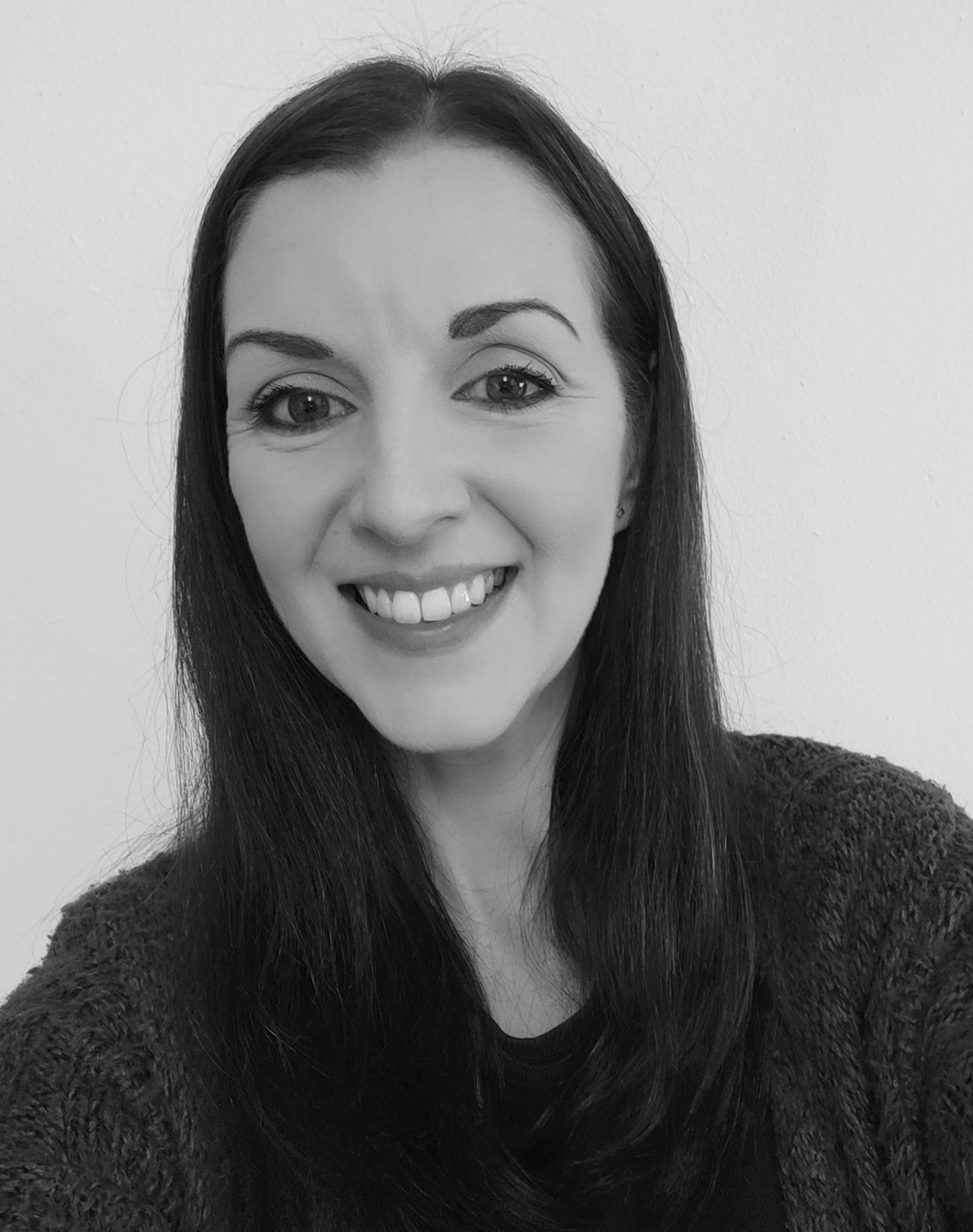B Cell Response (Edexcel A Level Biology (A) SNAB) : Revision Note
B Cell Response
B cells, also known as B lymphocytes, are a second type of white blood cell in the specific immune response
B cells remain in the bone marrow as they mature, hence the B in their name
B cells have many specific receptors on their cell surface membrane
The receptors are in fact antibodies, and are known as antibody receptors
Each B cell has a different type of antibody receptor, meaning that each B cell can bind to a different type of antigen

Mature B cells each have different types of antibody receptors on their cell surface membrane
If the corresponding antigen enters the body, B cells with the correct cell surface antibodies will be able to recognise it and bind to it
When the B cell binds to an antigen it forms an antigen-antibody complex
The binding of the B cell to its specific antigen, along with the cell signalling molecules produced by T helper cells, activates the B cell
Once activated the B cells divide repeatedly by mitosis, producing many clones of the original activated B cell
The daughter cells differentiate into two main types of cells
Effector cells, which go on to form plasma cells
Plasma cells produce specific antibodies to combat non-self antigens
Memory cells
Remain in the blood to allow a faster immune response to the same pathogen in the future

During a primary immune response B cells divide by mitosis to form plasma cells and memory cells. Note that a primary response occurs the first time an individual comes into contact with a particular pathogen

You've read 0 of your 5 free revision notes this week
Sign up now. It’s free!
Did this page help you?
